







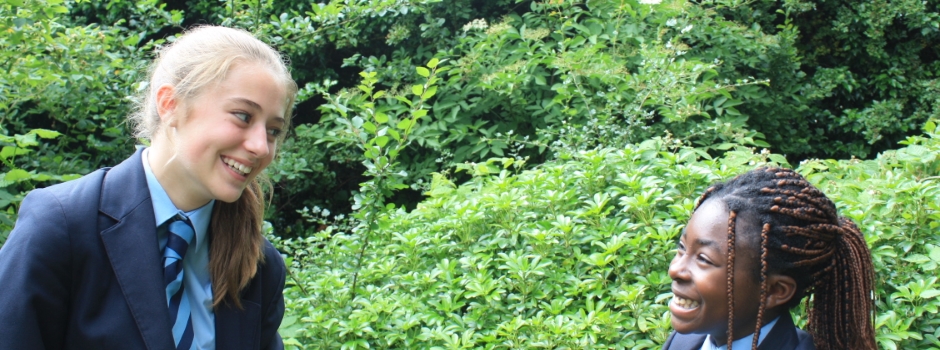









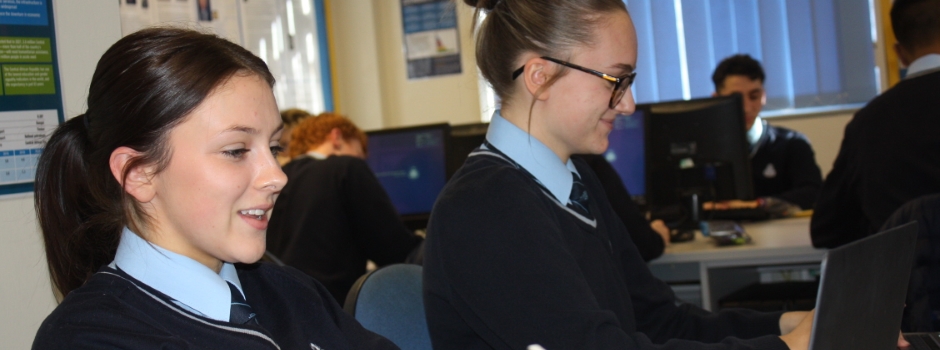






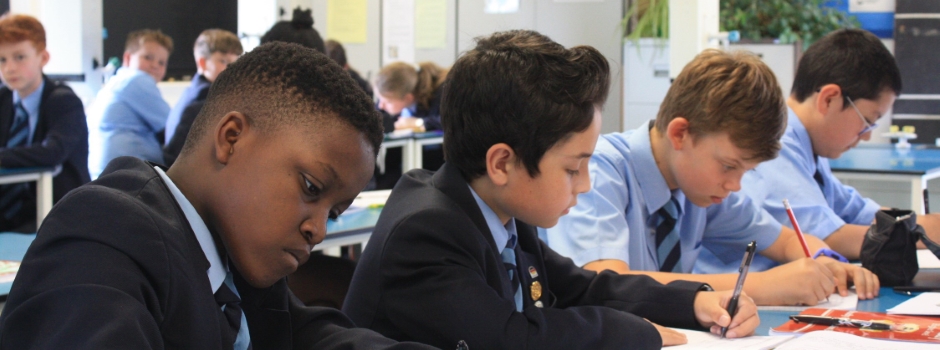



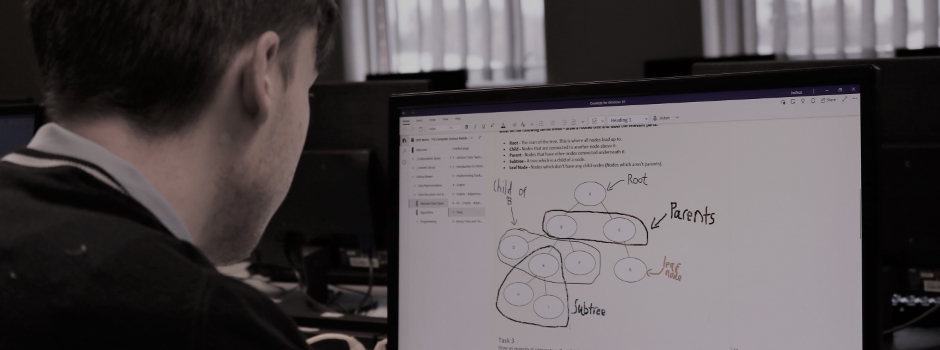


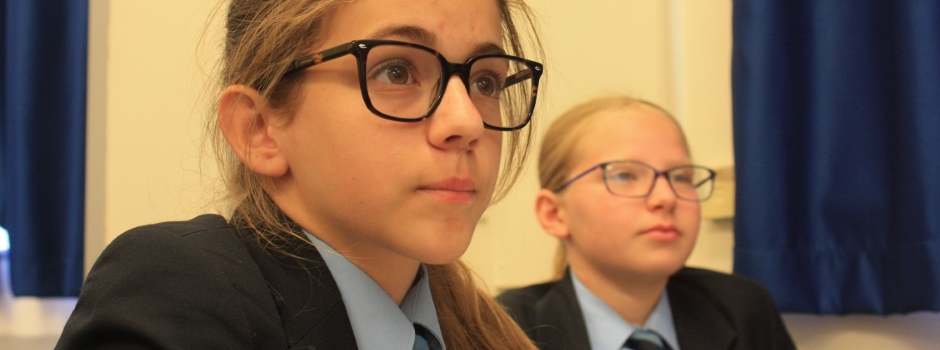
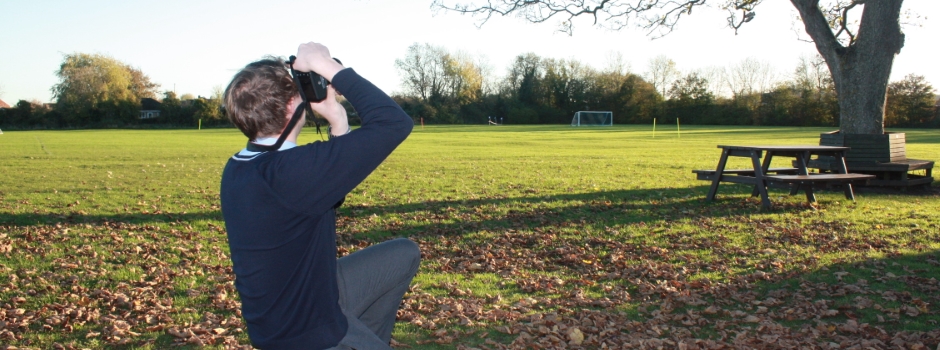


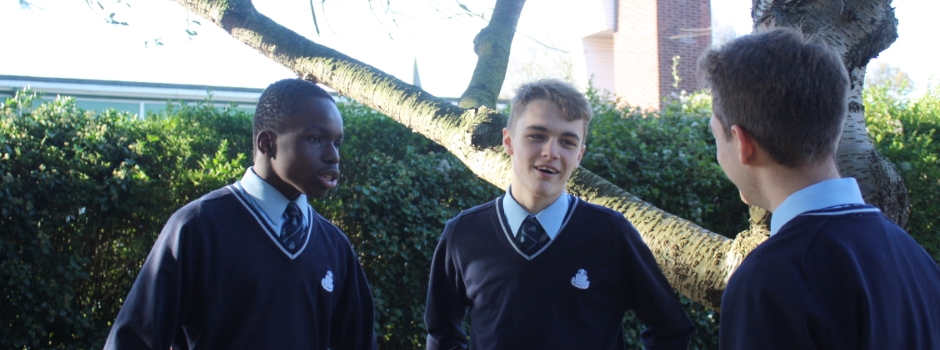











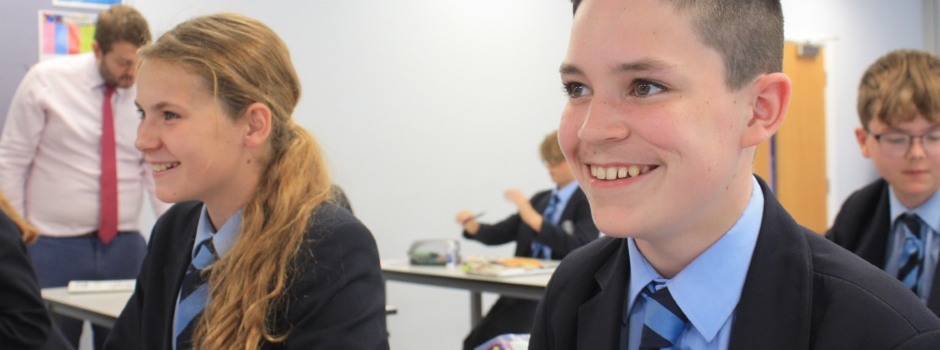
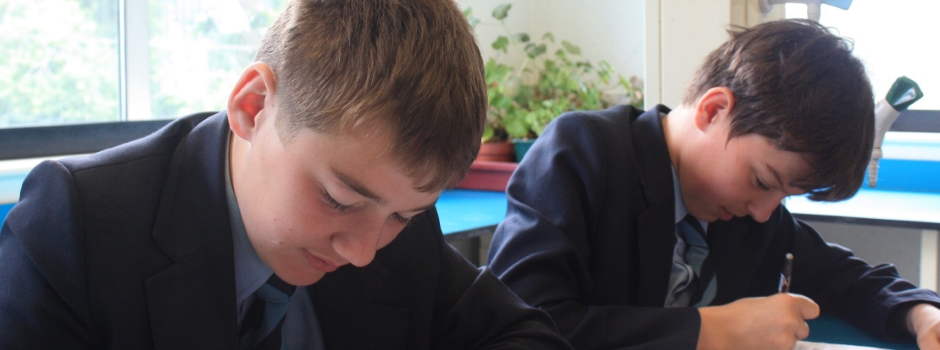
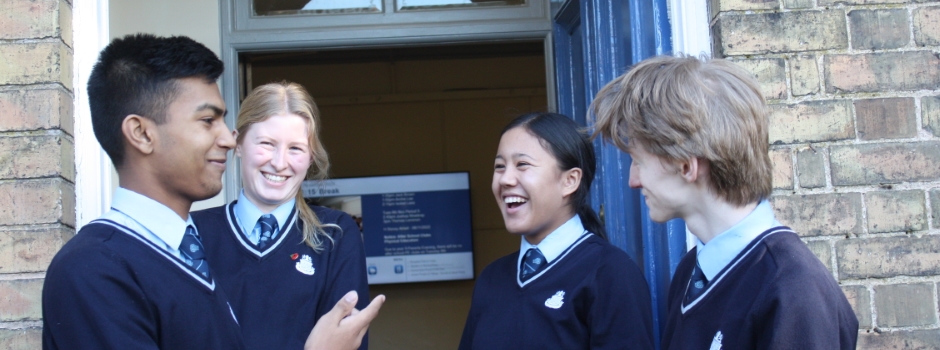

"I know how hard you work to support your students."
Geography Dept - Curriculum on a Page
Showing the curriculum by subject
Geography
Curriculum Details - 2023/2024 (Current)
| Year | Term 1 | Term 2 | Term 3 | Term 4 | Term 5 | Term 6 |
| 7 | What is Geography? Think like a geographer. Where do places begin? OS map skills; 4 and 6 figure grid references, distance, direction, and height | The place I go to school - Alford The place I live Places in the UK Latitude and longitude Places in Europe and worldwide | The world of work Employment sectors Globalisation | Tourism Seaside resorts Tourist brochure of a local resort | Weathering How does the sea erode the coast? Landforms resulting from erosion Longshore drift and resulting landforms | Cause and effect of cliff collapse Coastal management Should the coast be managed? |
| 8 | Britain and world - changing weather and climate: Introduction to weather and climate, how we measure, record and present the weather, climate of the UK, climate graphs, extreme weather in the UK. | Natural Hazards The Great Storm, hurricanes, volcanoes and earthquakes; evidence, cause, effect and response. | People in the UK - challenges and opportunities: Measuring population, use of the census, UK ageing population, population pyramids, international migration, internal migration, ethnic and cultural diversity. Poverty and homelessness. | Global challenges and opportunities: Global development and how we measure development, inequality, food inequality - famine and obesity, health inequality, comparing healthcare in a HIC and a LIC. | Global challenges and opportunities: Squatter settlements, life in Dharavi, economic opportunity - the geography of chocolate (fairtrade), social challenge - cholera, environmental challenge - plastic in the ocean, political challenge - the geography of conflict zones, sustainable tourism. | Africa is not a country. What is Africa like, African populations, The Sahara, Nigeria a Newly Emerging Economy and Opportunities in Nigeria. |
| 9 | 3.1.2.1 Ecosystems - components, balance between components, impact of changing a component. Global ecosystems - distribution and characteristics. 3.1.2.2 Tropical rainforests - physical characteristics, plant and animal adaptations, changing rates of deforestation, causes of deforestation. | 3.1.2.2 Tropical rainforests - impacts of deforestation, value of the rainforest, strategies to manage sustainably, palm oil plantations. 3.1.2.4. Cold Environments 3.1.3.1 UK physical landscapes. 3.1.3.3 River landscapes in the UK - Long and cross profile | 3.1.3.3 River landscapes in the UK - Long and cross profile 3.1.3.3 River landscapes in the UK - characteristics and formation of landforms, physical and human factors affecting flooding, hydrographs, hard engineering and soft engineering strategies and an example of a flood management scheme. | 3.2.2 The changing economic world - development indicators, quality of life, demographic transition model, population pyramids, causes of uneven development, consequences of uneven development, strategies to reduce the development gap - investment, industrial development. | 3.2.2 The changing economic world - strategies to reduce the development gap - aid, intermediate technology, fairtrade, debt relief, microfinance loans. Tourism in Jamaica. Nigeria - importance regionally and globally, geographical context of Nigeria, the countries global trading relationships. | 3.2.2 The changing economic world - Nigeria - the changing industrial sector, the role of TNCs, international aid, the environmental impact of economic development, the effects of development on quality of life. |
| 10 | 2.3.3 The changing economic world - economic futures in the UK - causes of economic change, a post-industrial economy, science and business parks, environmental impacts of industry, social and economic changes in the rural landscape, changing transport infrastructure (road, rail and ports). | 2.3.3. The changing economic world - transport infrastructure (airports), the north-south divide, Lancashire LEP, UK in the wider world. 3.1.1.2. Coastal Landscapes - Wave type and characteristics. Coastal Processes (weathering, mass movement, erosion, transportation and deposition) | 3.1.3.2. Coastal Landscapes - Coastal Landforms. Rock Type, formation of landforms, headlands and bays, cliffs and wave cut platforms, caves, arches and stacks. 3.1.3.2. Coastal Landscapes - Characteristics and formation of landforms resulting from deposition - beaches, dunes , spits and bars. | 3.1.3.2 Coastal Landscapes - characteristics and formation of landforms, economic activities in glacial landscapes, conflicts, tourism in the Lake District. 3.1.3.2. Coastal Landforms - Management strategies. Hard and Soft Engineering Strategies. | 3.2.1 Urban issues and challenges - urbanisation, megacities, Rio de Janeiro: importance, growth, challenges (social, economic and environmental), squatter settlements, management of favelas and Favela Bairro project. | 3.2.1 Urban issues and challenges - Bristol: importance, opportunities and challenges (social, economic, environmental), Temple Quarter regeneration project. Sustainable urban living. 3.3.2 Fieldwork - rivers |
| 11 | 3.2.3.1 Resource management - food, water and energy. 3.2.3.4 Energy - areas of surplus and deficit, factors affecting energy availability, impacts of energy insecurity, strategies to increase energy supply, renewable energy supplies. | 3.3.2 Fieldwork - urban. 3.1.1.1 Natural hazards - types and factors affecting. 3.1.1.2 Tectonic hazards - plate tectonic theory, plate margins, earthquakes; cause, effect, response and management. | 3.1.1.3 Weather hazards - atmospheric circulation model, tropical storms; characteristics, cause, effect, response and management. Extreme weather; causes, impacts and management strategies. | 3.1.1.4 Climate change - evidence for climate change, cause; natural and human, effects and managing climate change. 3.3.1 Issue evaluation | GCSE Pre-Release Material Revision | Pre-reading for A level Changing Places: Using 3 locations you visit over the summer, describe the sense of place and place perception in that area. |
| 12 | 3.1.1 Water and carbon cycles 3.1.1.1 Water and carbon cycles as natural systems 3.1.1.2 The water cycle 3.1.1.3 The carbon cycle | 3.1.1.3 The carbon cycle 3.2.2 Changing places 3.2.2.1 The nature and importance of places 3.2.2.2 Changing places - relationships, connections, meaning and representation 3.2.2.2.1 Relationships and connections 3.2.2.2.2 Meaning and representation | 3.2.2.3 Quantitative and qualitative skills 3.2.2.4 Place studies 3.2.3 Contemporary urban environments 3.2.3.1 Urbanisation 3.2.3.2 Urban forms | 3.2.3.3 Social and economic issues associated with urbanisation 3.2.3.4 Urban climate 3.2.3.5 Urban drainage 3.2.3.6 Urban waste and its disposal 3.2.3.7 Other contemporary urban environmental issues | 3.2.3.8 Sustainable urban development 3.2.3.9 Case studies 3.1.5 Hazards 3.1.5.1 The concept of hazard in a geographical context 3.1.5.2 Plate tectonics | 3.1.5.3 Volcanic hazards 3.1.5.4 Seismic hazards 3.1.5.5 Storm hazards 3.1.5.6 Fires in nature 3.1.5.7 Case studies |
| 13 | 3.2.1 Global systems and global governance 3.2.1.1 Globalisation 3.2.1.2 Global systems 3.2.1.3 International trade and access to markets 3.3 Geography fieldwork investigations (NEA) | 3.3 Geography fieldwork investigations (NEA) 3.2..1.4 Global governance 3.2.1.5 the 'global commons' 3.2.1.5.1 Antarctica as a global common 3.2.1.6 Globalisation critique | 3.1.2 Hot desert systems and landscapes 3.1.2.1 Deserts as natural systems 3.1.2.2 Systems and processes 3.1.2.3 Arid landscape development in contrasting settings | 3.1.2.4 Desertification 3.1.2.5 Quantitative and qualitative skills 3.1.2.6 case studies |